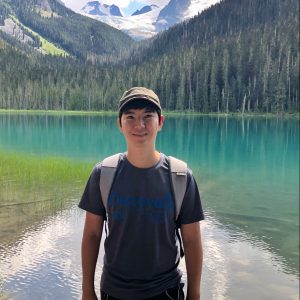IRES Seminar Series
Time: 12:30pm to 1:30pm (every Thursday)
Location: AERL Theatre (room 120), 2202 Main Mall
The Seminar video will be available later, once the paper has been published.
******************************************************************************************
Atmospheric evaporative demand in a warming climate
Abstract:
Potential evaporation (PE), also referred to as atmospheric evaporative demand, is a key control on the terrestrial water cycle. Under climate change, it is projected to increase at a greater rate than precipitation over land, implying a global scale hydrologic drying. However, recent findings suggest that projected increases in PE may be a methodological artifact, implying a hydrologic drying bias in some modelling approaches. Here, we address this critical issue by introducing an alternative PE model based on a land-atmosphere coupling theory. The alternative model most accurately reproduces observed non-water-stressed evaporation at field and watershed scales, and it does not show bias regarding temperature, unlike in current PE models. Using the proposed PE model, we suggest PE will increase at a similar rate to increases in ocean evaporation under future climatic conditions, which is much slower than the rate suggested by current PE models. Consequently, the hydrologic drying bias can be reduced using the proposed alternative. These results demonstrate a critical role of the land-atmosphere coupling in determining atmospheric evaporative demand, particularly under the changing climate.
Yeonuk Kim

IRES PhD Program
Bio:
Yeonuk Kim is a PhD candidate at the Institute for Resources, Environment and Sustainability, under the supervision of Dr. Mark Johnson. His research interest is to evaluate human activities and climate change impacts on the water cycle. Recently, he has been awarded a research grant as a Co-Investigator for his research topic from Canadian Space Agency. Yeonuk holds a BSc in Rural Systems Engineering from Seoul National University. Prior to coming to UBC, he worked at the National Center for Agro-Meteorology in South Korea, where he managed observing systems of water and carbon exchanges between land and atmosphere.